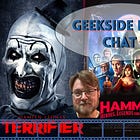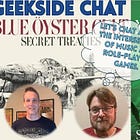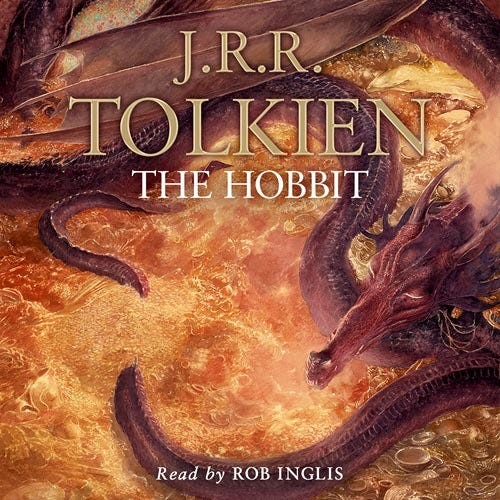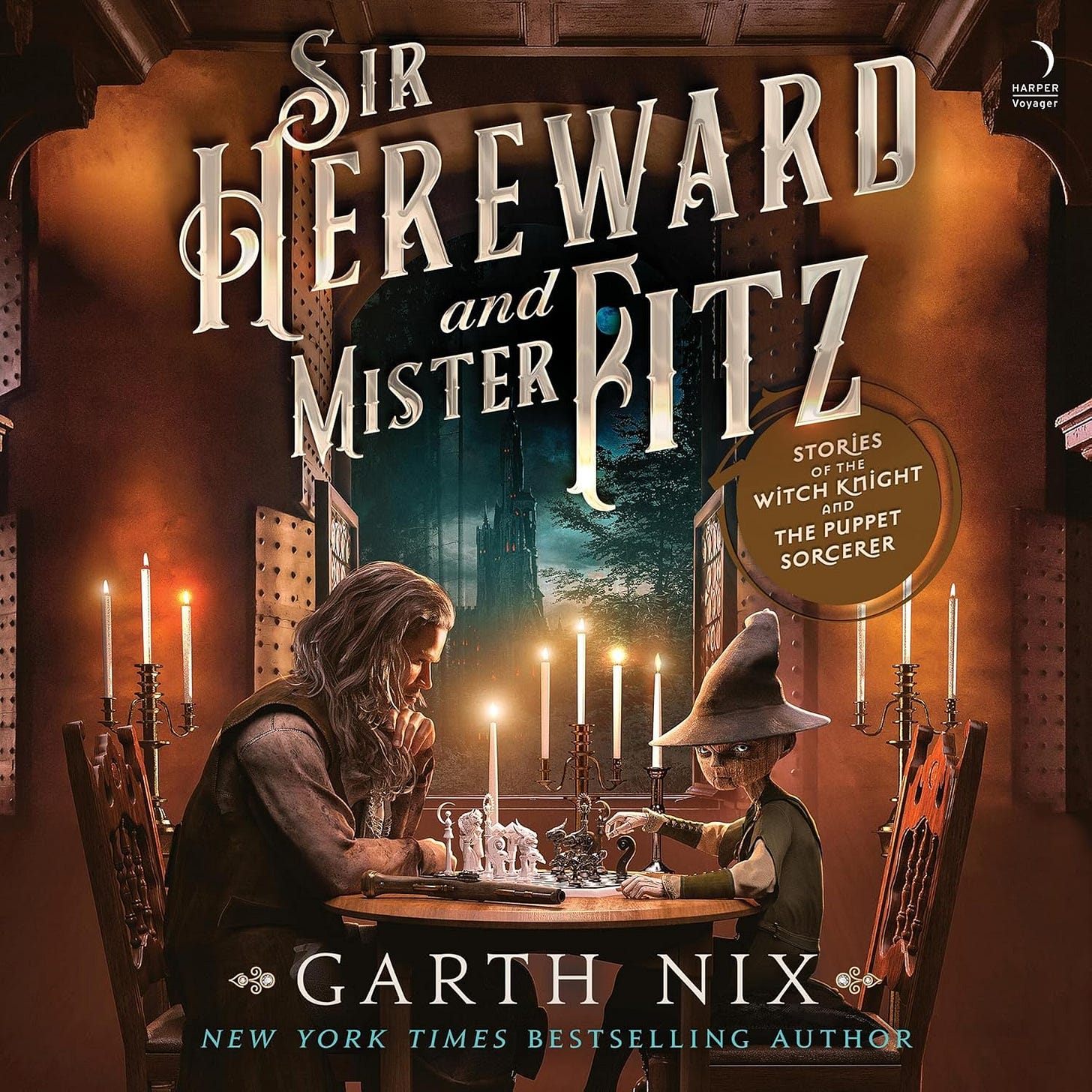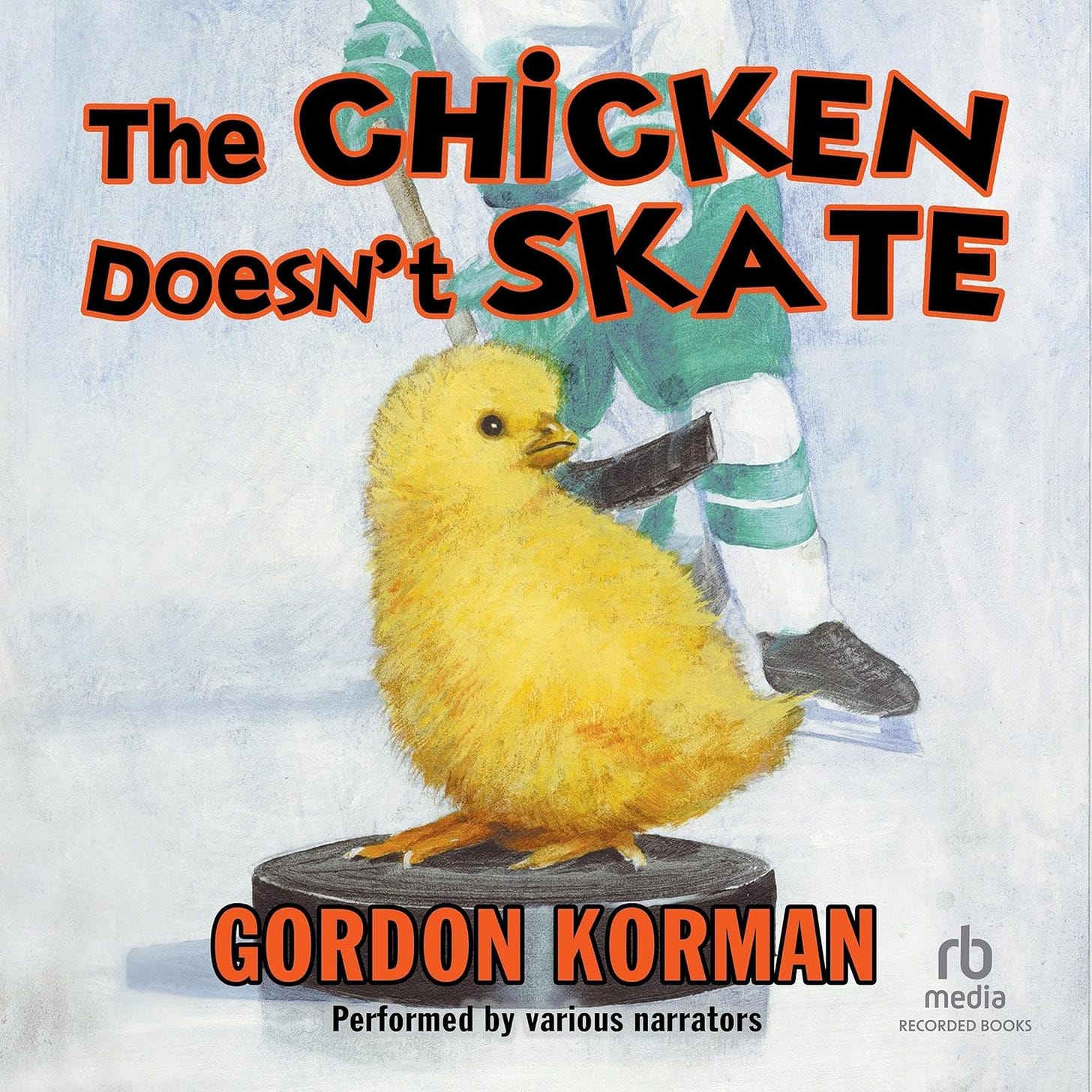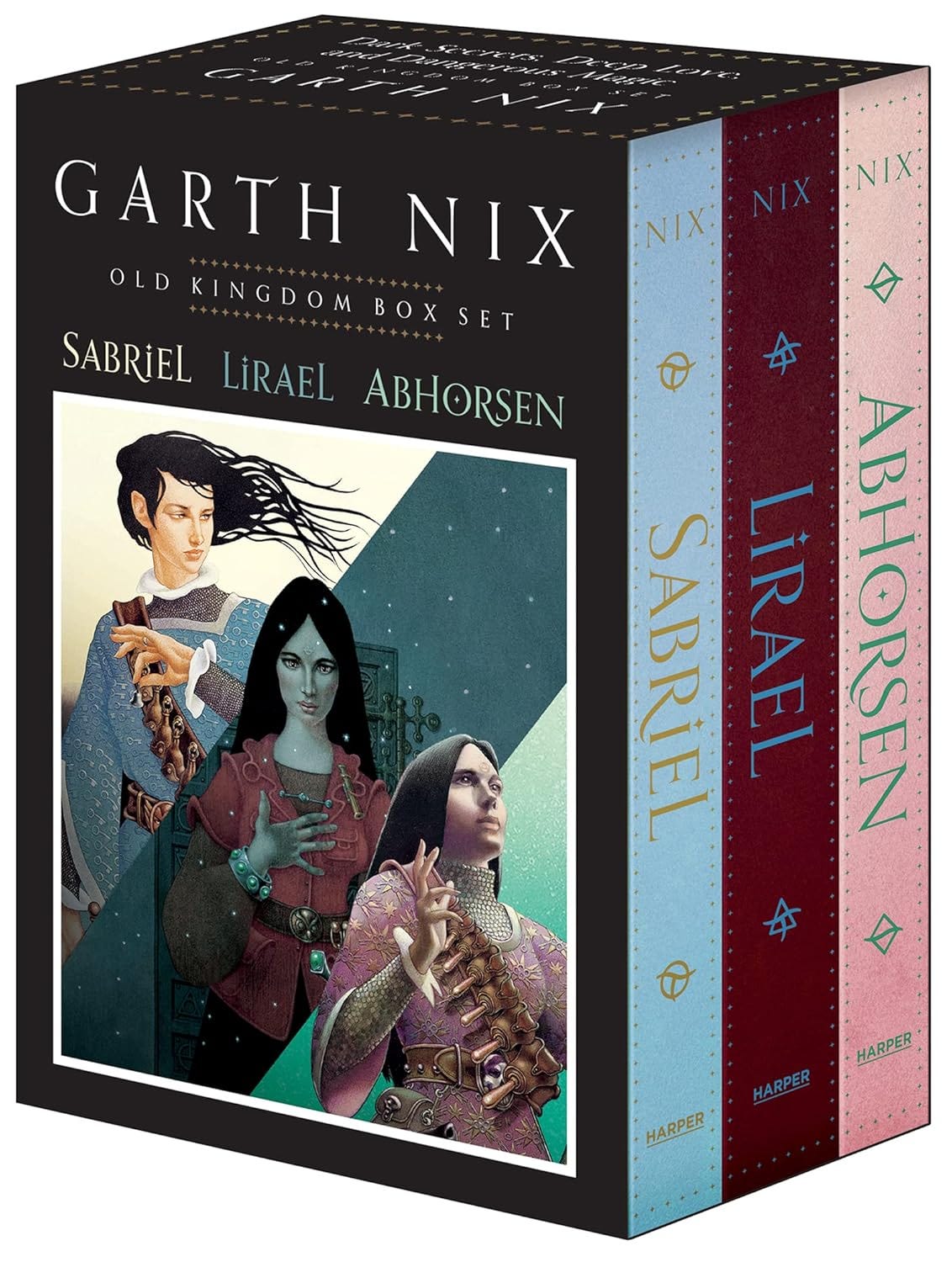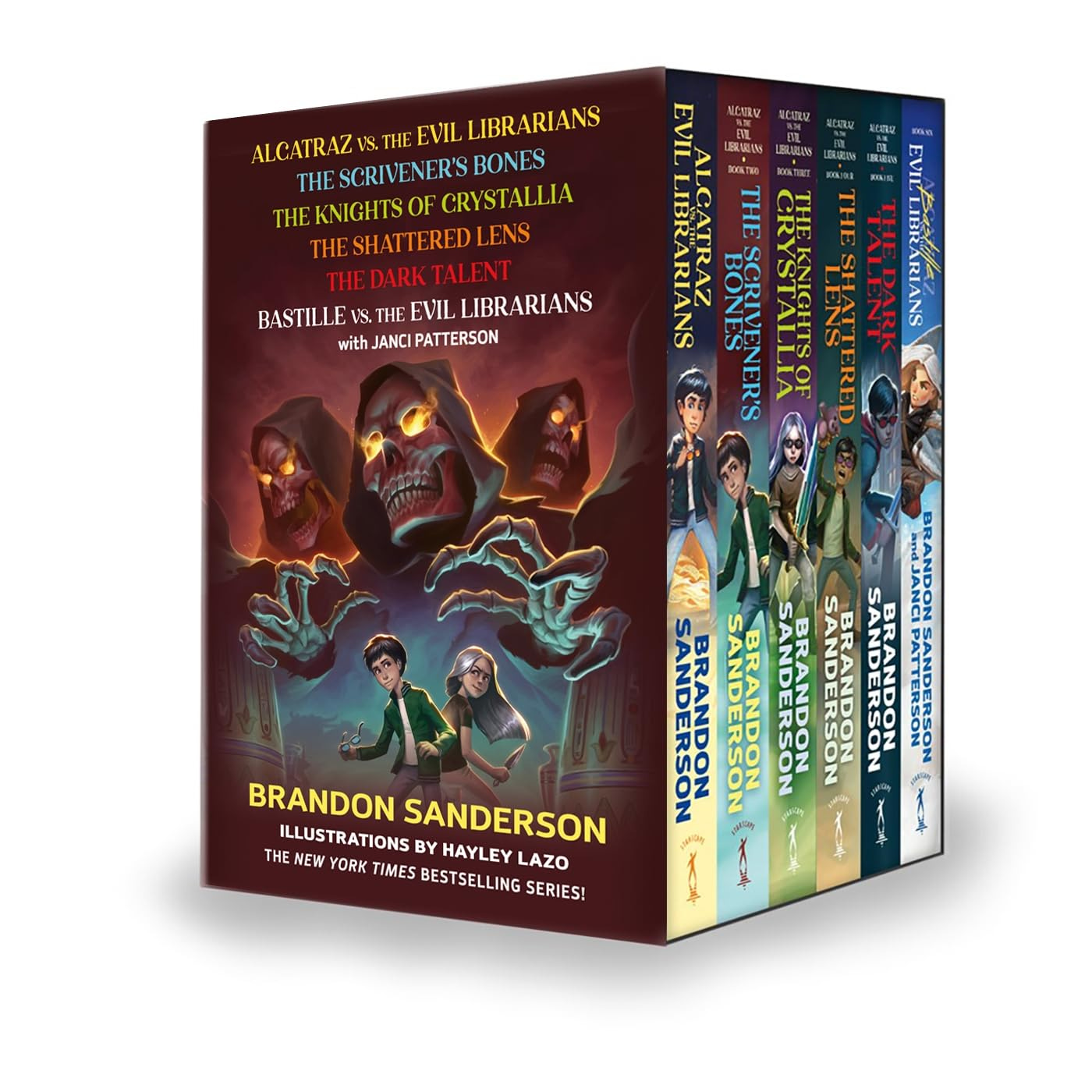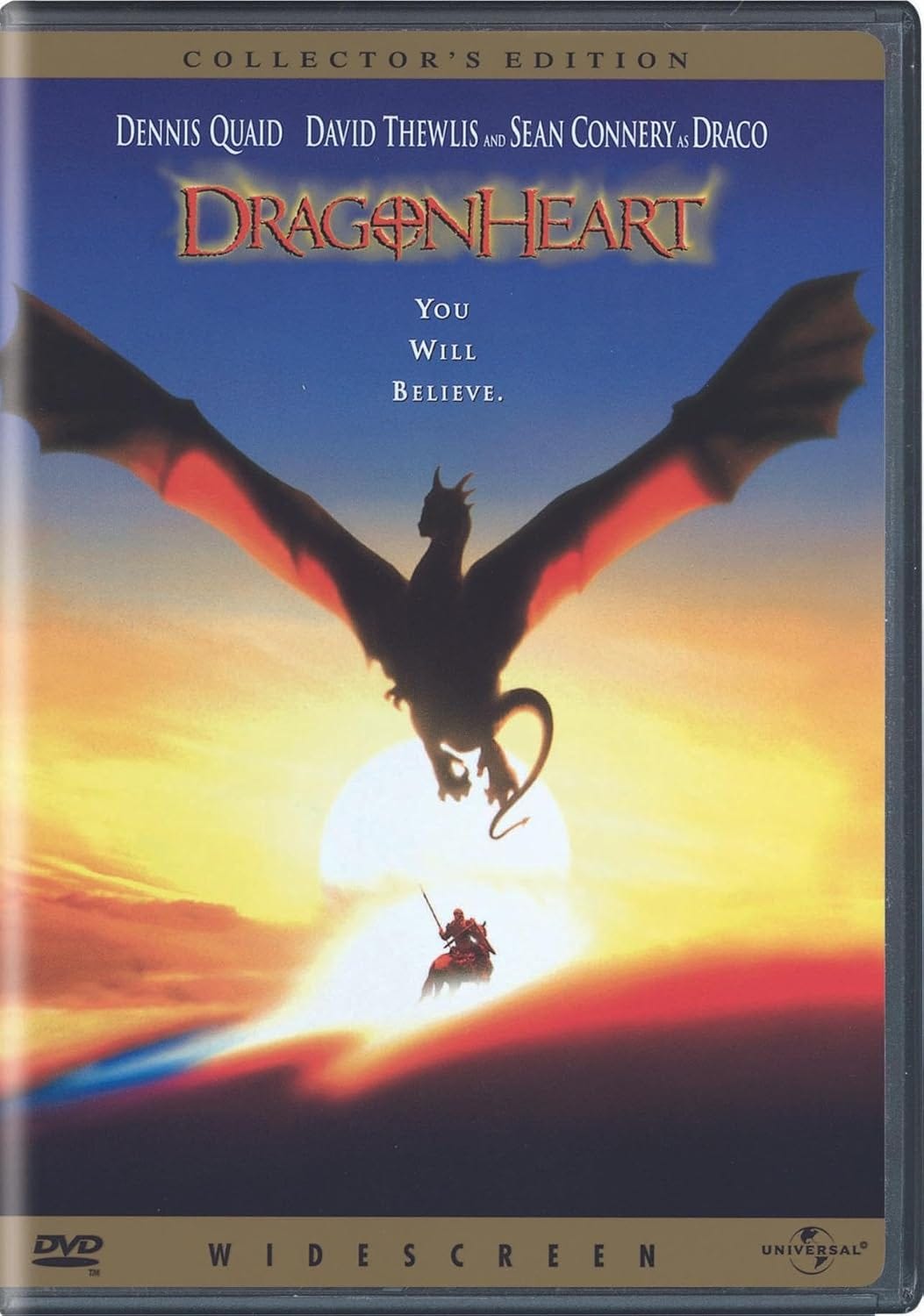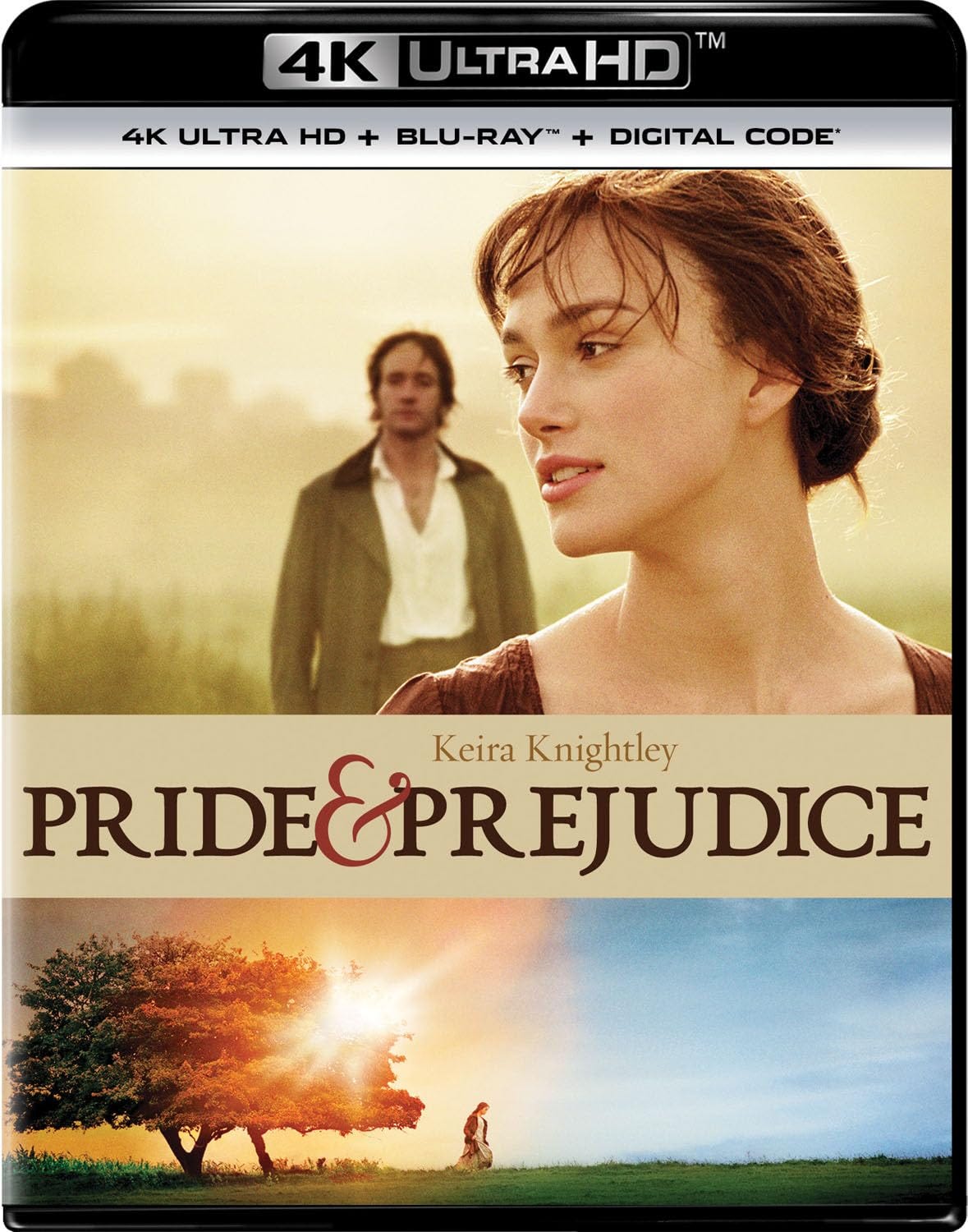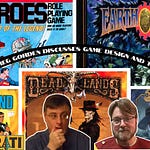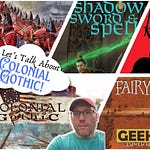What are Geek Chats?
Hello everyone. It’s that time again; time for a Geek Chat.
Before I give an overview of the latest entry, which you can watch by clicking play above, I’d like to take a moment to walk you through the series so far.
The first entry in the Geekside Chats was my discussion of books and games I hope to be discussing in the coming months and I followed this up with a rebuttal of a video that claimed that Lester del Rey was the reason America had no real “Tolkien” equivalent. The original video argued that Lester, and his wife’s, focus on formula based “Tolkien Clone” fantasy series like the Shannara series ruined Fantasy as a genre at the moment of its creation as a marketing tool. The argument, which is actually based on an old Wired piece, was filled with inaccuracies in timeline and featured a highly reductive look at the fantasy of the 1970s, 80s, and 90s, so I took the time to share some of my thoughts on that conversation.
Needless to say, I think that America does have its own Tolkien equivalent in Gene Wolfe. Not only was he a poetic author who wrote rich fiction rooted in Catholic theology (without being a Catholic parable), his fiction is very much rooted in the American fantasy school. My argument is that there’s nothing wrong with lighter fare like Terry Brooks’ post-apocalyptic Shannara series, and even less wrong with Fantasy as a genre during that time period. This isn’t to say that modern Fantasy isn’t at a pivotal point that might lead to a temporary downfall of the genre, but it is to say that this is not Lester del Rey’s fault.
After these first two videos, I shifted into recording conversations with fellow Substackers in the Geekerati community. These are either people on Substack I subscribe to or people who subscribe to this newsletter.
The first of these recorded conversations was with LYT and we discussed modern horror films and how some younger critics were saying that they missed the days of meaningful and symbolic horror films like Hostel instead of meaningless gorefests like The Terrifier series. Given that Luke and I had chatted about this same subject when Hostel came out and David Edelstein railed against it and films like it as “Torture Porn,” it made for great fodder for a chat.
This conversation was followed with a visit to the Geekspace by Matt Thompson of Critical Hit Parader during which we discussed the connection between Fantasy Fiction, Role Playing Games, and Rock and/or Roll. Matt has a deep knowledge of music and we had a very fun conversation.
All of which brings us to the most recent Geekside Chat, or Geek Chat because I’m still not sure what to call these. This Sunday, I had the pleasure of chatting with Kailani B. of Damsel in the Library about fiction and films that she was “Thankful/Grateful” for. After all, this is Thanksgiving week and it’s the perfect time to talk about thankfulness. Kailani is one of the growing number of amateur authors and reviewers in the Substack community and she’s one who has some very interesting views about literature and popular culture.
Some of Kailani’s critiques parallel those made by social media rage bait reviewers, for example that modern fiction needs more heroes and less deconstruction in general, but her critiques come from a place of love and sincerity. Her writing and opinions are sincere and I find that even when I don’t agree with them, I can understand them. There’s a moment in our conversation where she discusses how much she loves the 2005 film version of Pride and Prejudice (because it is … well … almost perfect, let’s be honest) and that she thinks it is better than the book. If you are wondering, this scandalous claim occurs 1 hour and 12 minutes into our conversation. As I’ve said many times, Jane Austen is my favorite novelist and I made sure to recommend Michael Chwe’s excellent Jane Austen Game Theorist as a guide to understanding how amazing the relational webs are in Austen’s work.
There are more moments of agreement than disagreement in the conversation, including our shared appreciation for Garth Nix as an author. I made sure to recommend his Sir Hereward and Mr. Fitz stories, which are among my favorite recent Sword & Sorcery stories. They tell the tales of a Godkilling Knight and his Sorcerous companion, a sorcerer who happens to be a papier-mâché puppet. A puppet who is the most powerful magical being in the world. How powerful? Well…here’s a quote from the first of their adventures.
“…Fitz …”
“Yes, Hereward.”
“Don’t … don’t kill them all.”
If Fitz answered, Hereward didn’t hear, as he faded out of the world for a few seconds. When the world nauseatingly shivered back into sight and hearing, the puppet was nowhere in sight and the two battlemounts were already loping toward the gate, though the leading steed had no rider.
Sir Hereward, especially as presented in the first story “Sir Hereward and Mister Fitz Goe to War Again” is one of the rare modern fantasy depictions of a Paladin. He is righteous in his desire to destroy evil, but he is kind and always hopes to be able to save those who may have been tricked into serving evil.
I don’t want to reveal too much of our chat, you can listen to it above, but I would like to provide a list of some of the books and movies we chatted about that might interest you.
Recommendations from the Chat
The Hobbit (audiobook) by J.R.R. Tolkien and read by Rob Inglis.
Sir Hereward and Mister Fitz by Garth Nix
The Chicken Doesn’t Skate by Gordon Korman
The Old Kingdom Series by Garth Nix
Alcatraz vs. the Evil Librarians by Brandon Sanderson
Pride and Prejudice (2005)





